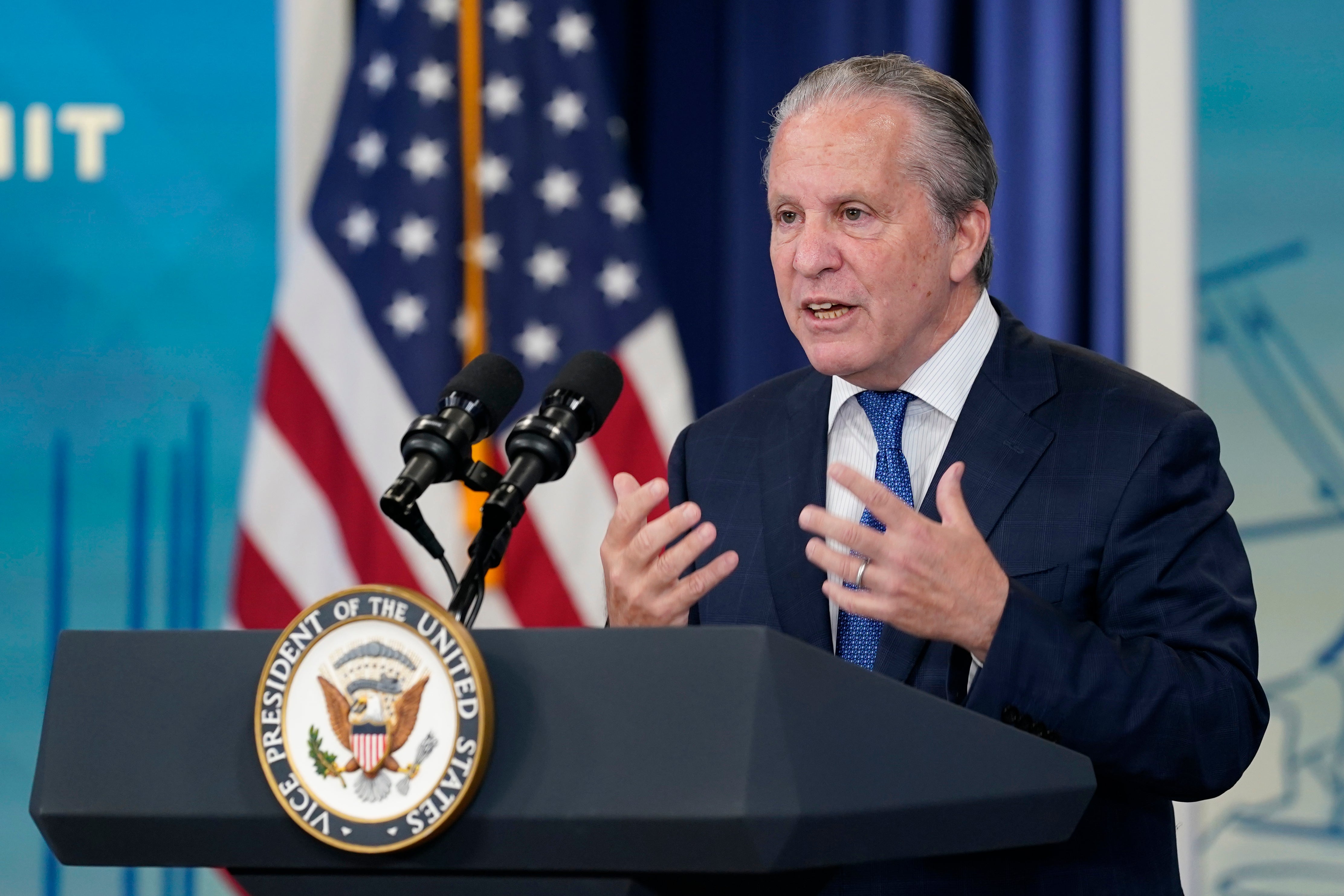U.S. support to go for mental health crisis teams in Oregon
The U.S. Department of Health and Human Services has announced financial support for expansion of mobile mental-health crisis intervention units in Oregon, the first state to receive the aid

Saying that a police response is often an improper solution to mental health crises, Biden administration officials announced Monday financial support for expansion of mobile crisis intervention teams in Oregon.
This Pacific Northwest state, which has pioneered the use of unarmed intervention teams, became the first to receive the infusion of aid under President Joe Biden’s American Rescue Plan.
The new Medicaid-supported plan will allow Oregon to provide and expand community-based stabilization services to individuals experiencing mental health and/or substance use crises throughout the state by connecting them to a behavioral health specialist, the U.S. Department of Health and Human Services said in a statement.
Health and Human Services Secretary Xavier Becerra encouraged other states to take advantage of the funding opportunity.
All too often, police are called to respond to people suffering from mental health issues. And all too often, they result in tragic outcomes.
Gene Sperling, a senior Biden adviser and coordinator of the $1.9 trillion American Rescue plan, said Biden speaks often about the U.S. needing to be more thoughtful on how it responds to many emergency situations.
“Simply, in a knee-jerk way, putting all the burdens on police departments and law enforcement often overwhelms them and often is not the best and most effective response,” Sperling said. "That’s what’s so important about this. It ... stresses the importance of the role of psychologists and sociologists, mental health experts and people with learned experience to do that response.”
Federal health officials said that under the program, 85 cents of every dollar spent by states to expand these services and utilized by Medicaid-covered individuals will be paid for by the federal government. There are more than 1.4 million Medicaid recipients in Oregon, according to the Oregon Health Authority. That's almost one-third of the state's population of 4.1 million.
An example of such a program exists in Eugene, Oregon, where teams of paramedics and behavioral health practitioners take mental health crisis calls out of the hands of uniformed and armed officers.
The Eugene program is called Crisis Assistance Helping Out On The Streets, or CAHOOTS. CAHOOTS teams, which are not sent on calls involving violent situations, handled 24,000 calls in 2019.
U.S. Sen. Ron Wyden, D-Oregon, said Monday’s announcement means Oregon is the first state to qualify for a higher federal Medicaid match of 85% for the next three years to reimburse mobile crisis services delivered to Medicaid beneficiaries.
“That stepped-up federal investment makes it much easier and cost-effective for local communities to build CAHOOTS-like programs tailored to their needs,” Wyden said.
Appearing at a telephone news conference with Sperling, Oregon Gov. Kate Brown and federal officials, Wyden said he had personal interest because his late brother, Jeff, suffered from schizophrenia.
"For years on end, the Wyden family would go to bed at night — my brother on the street — and all of us worrying if he would hurt himself or someone else,” Wyden said.
Brown said the federal investment “will be a game changer.”
“These teams will encompass all the services, support and treatments people need and can be provided in a timely manner,” she said. "They can be available wherever and whenever an individual is experiencing a mental health crisis.”
They will complement the new 988 national mental health crisis/suicide hotline, ready to deploy if requested by the call centers, Brown said.
Bookmark popover
Removed from bookmarks